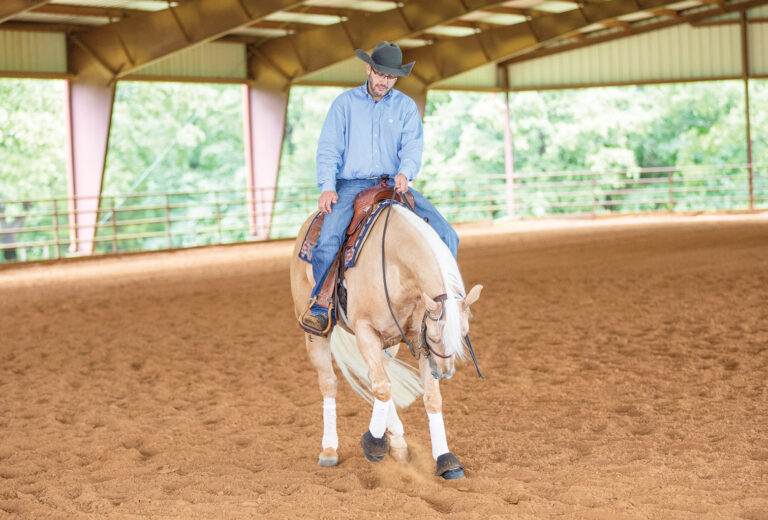Clinics are an investment in time and money. If you’re the clinician, you’re essentially “selling” your time, by committing it to teaching attendees in return for compensation. If you’re riding or auditing, you’ve invested time and money in the hopes of “buying” additional skills and knowledge.
Success at a clinic relies on both of you. If there’s a problem from either side, it can make the experience bad for all involved. In order to up your odds of success regardless of your role, I’ve put together a few tips, based on what I’ve learned in years of giving clinics.
[READ MORE: DIY Horsemanship Tips]
For The Clinician
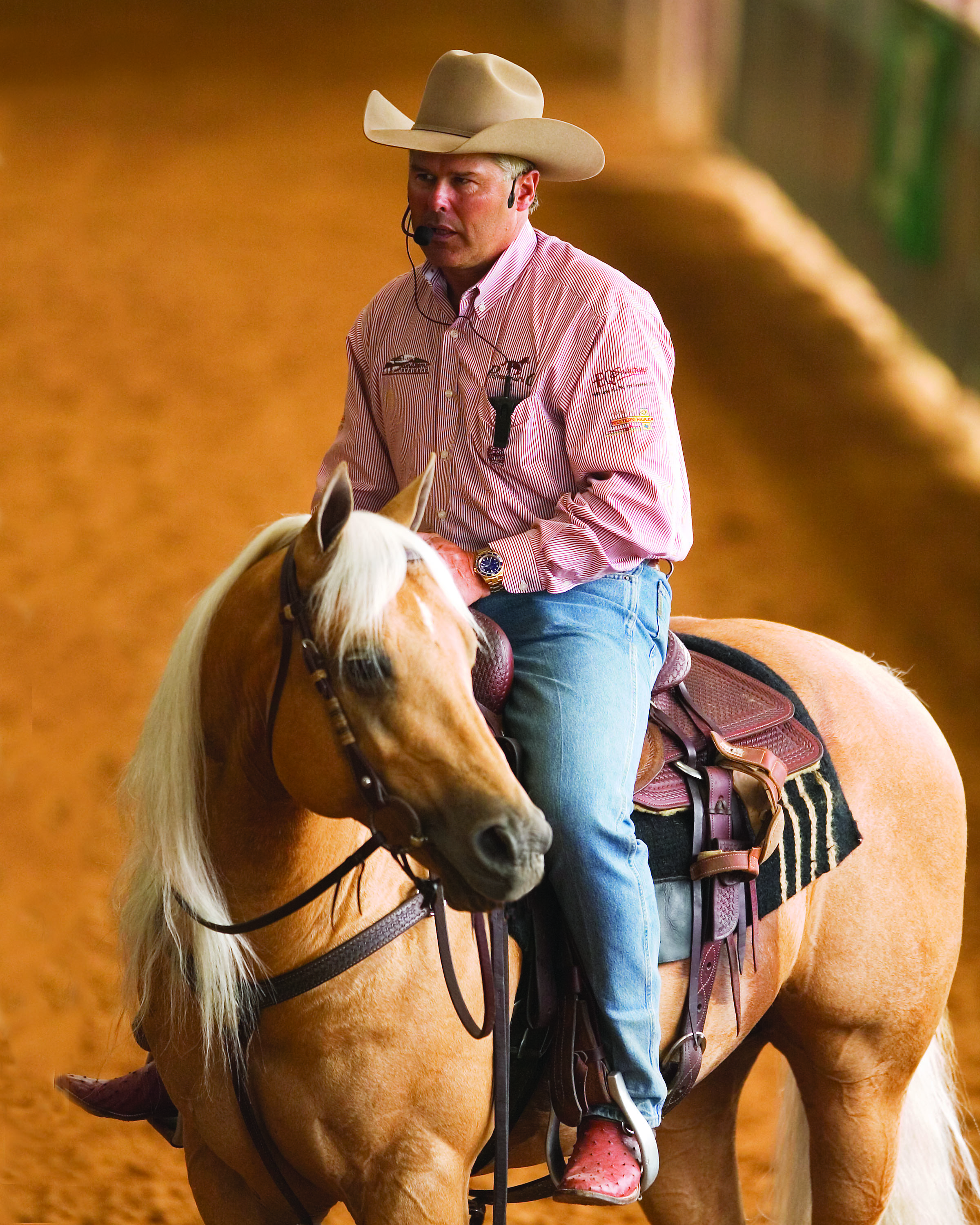
– Know thy students. You can’t be successful giving a “one-size-fits-all” clinic; you have to adjust the level of instruction according to your audience. Riders may not be as educated as they say they are—or they may be more educated than you expect them to be. Study the list of attendees and their backgrounds, if possible. Or, talk to the organizers about the types of individuals who typically attend. Then size up the participants before you start teaching, and adjust accordingly.
– Say “no” if you need to. If a participant has overstated her abilities, so she’s unfairly holding back other riders, or has a horse that’s disruptive to the point of robbing others of the opportunity to learn, consider politely refunding her money. You have to be diplomatic and respectful, but to me you’re better off advising the person to attend a lower-level clinic, or to bring a different horse, than to have the entire event suffer.
Example: At one of my clinics, a woman brought a barrel horse she’d decided was too crazy for that event; she thought she’d make a reiner out of him. After a short time, I realized that trying to work with her would not be the best use of her time or mine, and would impair my ability to teach other participants. I politely refunded her money.
– Lighten things up. I’m surprised at the number of participants who get nervous at my clinics. While mine are more in-depth than many, I think people feel pressure to perform in a clinic setting, much like at a show. This is where an ability to read your audience and go with the flow is key. If you notice participants looking tense, lighten things up. Take a few minutes to joke or stimulate conversation, to take their minds off their nerves. Be creative. But be sure to remind participants that they’re there to learn, not to be judged.
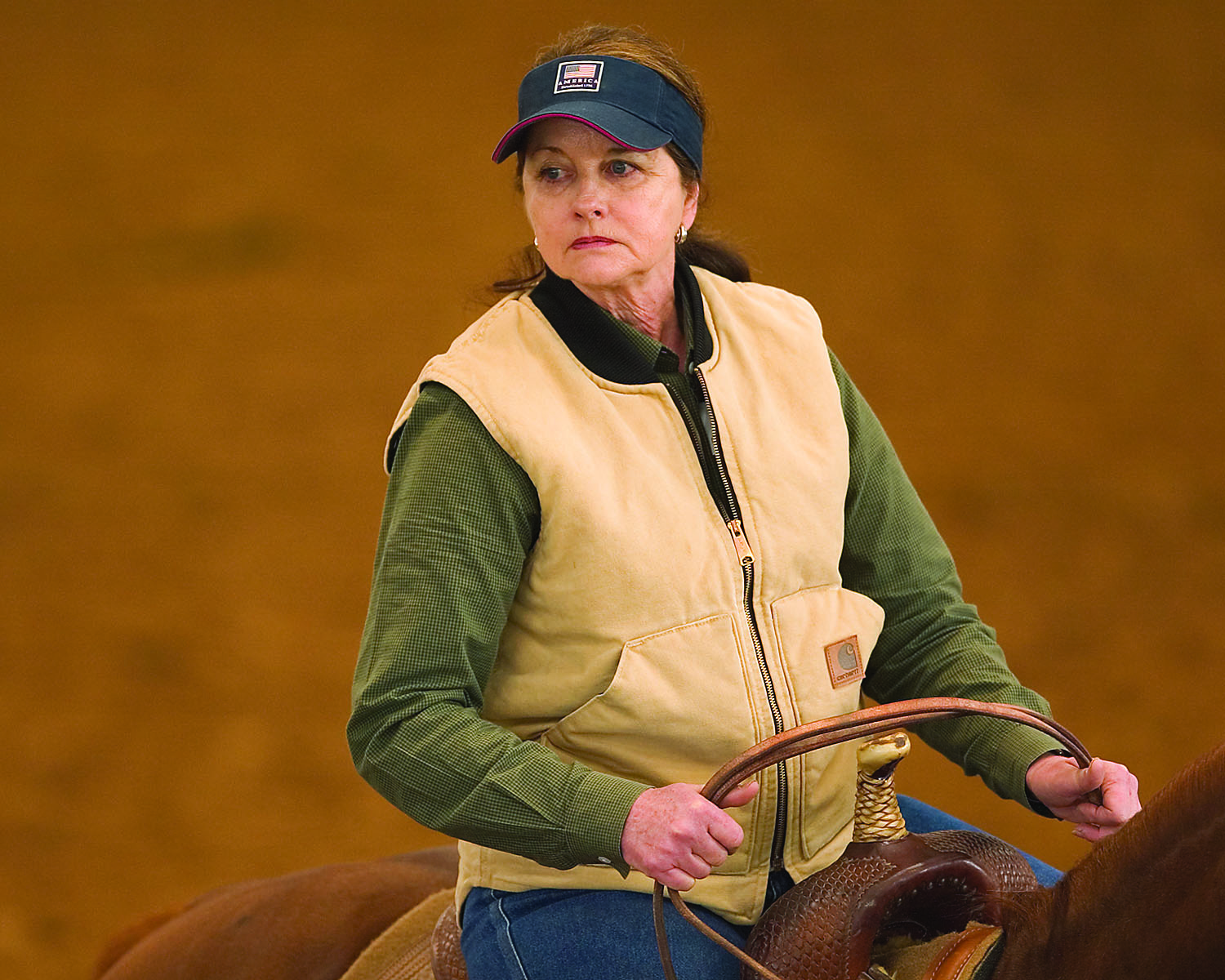
– Encourage questions. Clinics are no good unless people ask questions. Without them, it quickly becomes a one-man or -woman show. I start my clinics by encouraging questions, then take a break after teaching each new thing to ask for more. It makes the clinic fun and interesting for me, and for those attending. We all learn from them.
– Consider limiting attendance. I realize that more participants can often translate into a larger paycheck. But limiting the number, especially of those riding, can take the focus off quantity, and shift it back to quality.
Example: I’m just starting to limit the number of riders in my clinics. I used to allow 12; I now limit it to six or eight. It’s been my experience that participants learn a lot more, and have more fun, when the numbers are smaller.
For people auditing the clinic, the same is true. For instance, if you’re teaching 12 horses how to back up properly, the folks in the stands are pretty well tired of it by the time you get to the sixth or seventh horse. If you only have six or seven riders, and work them two at a time, you keep the concept fresh, then can go on to something else.
– Be smart about scheduling. Some clinics now go for 10 to 12 hours a day. I think that’s too much. People—and horses—can only learn so much in a day. I now schedule my clinic days from 9 a.m. to noon, break for lunch, then finish up from 1 to 4 p.m. I’ve found participants enjoy my shortened clinic schedule more than marathon sessions. They learn just as much, have more fun, and stay fresh (as do the horses).
Keep in mind, too, that clinics are social events for many people. You don’t want them to end up dreading your sessions. My participants enjoy a reasonable day of riding or auditing, then have a cocktail party and dinner afterward. That’s part of the fun. And it’s why they keep coming back.
– Give ’em their money’s worth. Clinics are hard work. If you’re into them just for the money, rather than to truly teach participants, consider another line of work. I work hard to be sure each participant in my clinic gets his or her money’s worth. That’s why I limit the number of clinics I schedule each year. I don’t want to get to the point where they’re no fun for me, which will make them no fun for those attending.
I’ve seen some clinics that are so boring you feel sorry for the people who paid to be there. I want my participants to walk away saying, “Wow. That was great!” It keeps people coming back. Most of my attendees are repeat customers. Plus, a lot of people attend other clinics and compare notes—word of mouth is key. You want it to be positive.
For The Participant
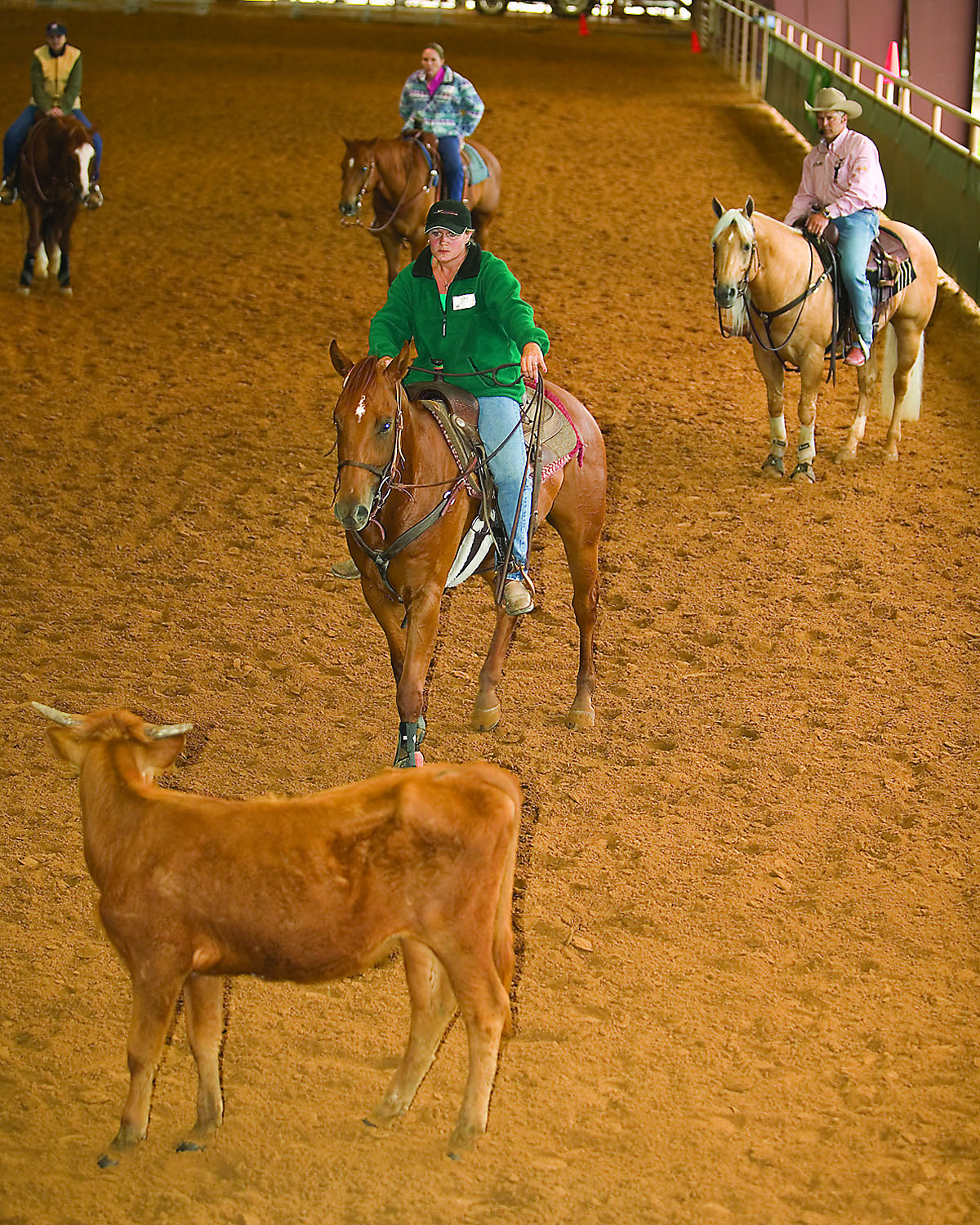
– Don’t overstate your ability. To say the majority of riders overstate their abilities is an understatement. It’s human nature to want to be better than you are. But to fudge about your skill level when signing up for a clinic not only sets you up for problems, but can also drag down your fellow riders.
Example: Last year, at an advanced reining clinic, I had to spend a lot of time teaching one rider how to pick up the correct lead—a beginner-level skill—when I should have been teaching the group how to fine-tune lead changes. Participants got robbed because one person overstated her ability. No one—including me—was happy about it.
[READ MORE: Riding in a Clinic]
Do yourself and your fellow attendees a favor: Be realistic. If you show in novice-amateur or green-as-grass divisions at a local level, state that as your ability. If you win on a national level in tough non-pro events, state that. But know this: It’s better to underestimate than to overestimate. You’ll be able to understand the material presented, so you’ll be more likely to walk away with new skills than a rider who claims to know more than she does.
– Bring a horse that knows more than you do. To maximize what you learn at a clinic, leave your green, young, or problem horse at home (unless the clinic is specific to those types of horses). You’re better off borrowing or leasing a horse that knows more than you do, so you can focus on what the clinician is teaching and gain a feel for what “right” feels like.
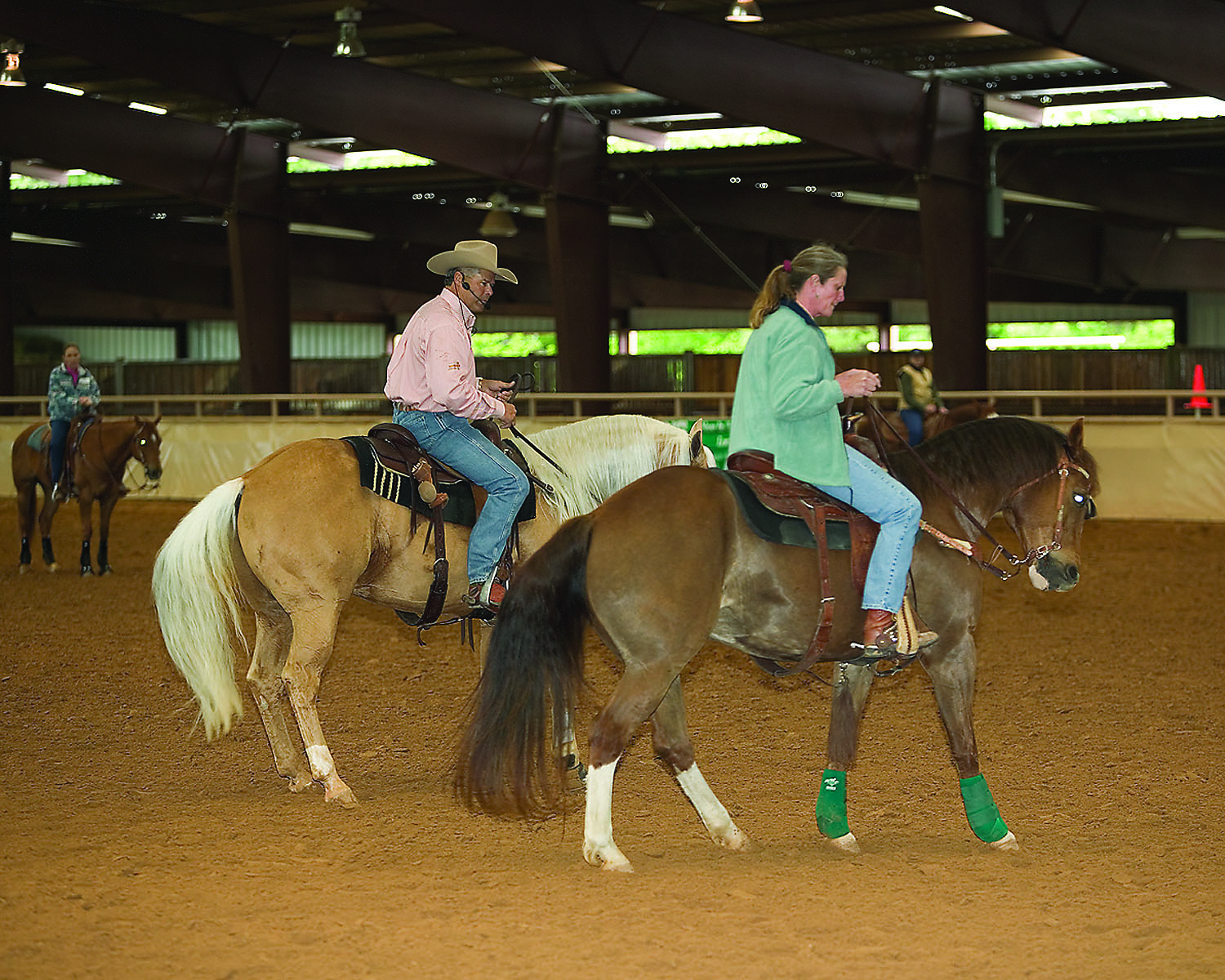
For instance, I’d have a hard time teaching you how to get a flying lead change in a two-day clinic if you’re on a horse that doesn’t know how to do one. How can you learn if you don’t know what the correct response feels like? I can show you, but it could take months to get the horse to give you one. However, if you’re on a seasoned horse, I can teach you the cue sequence, and he’ll let you know when you get it right.
– Consider auditing. If you don’t have, or can’t get, a horse that knows more than you do, consider auditing a clinic. You can often learn more sitting in the stands than you can on the back of a green or problem horse. You can then go home and practice at your own pace, rather than feeling pressured to keep up with the other riders.
– Manage your expectations. Don’t expect to have a long list of problems solved, or a similar list of unlearned skills mastered by the end of a clinic. If you learn one or two really good things over a two-day event, it was worth your while. The “getting-off-the-farm” mileage will be good for your horse, too, and you’ll have a chance to meet and socialize with new people. That’s part of the benefit—and the fun.
[READ MORE: Online Clinic Coach]

